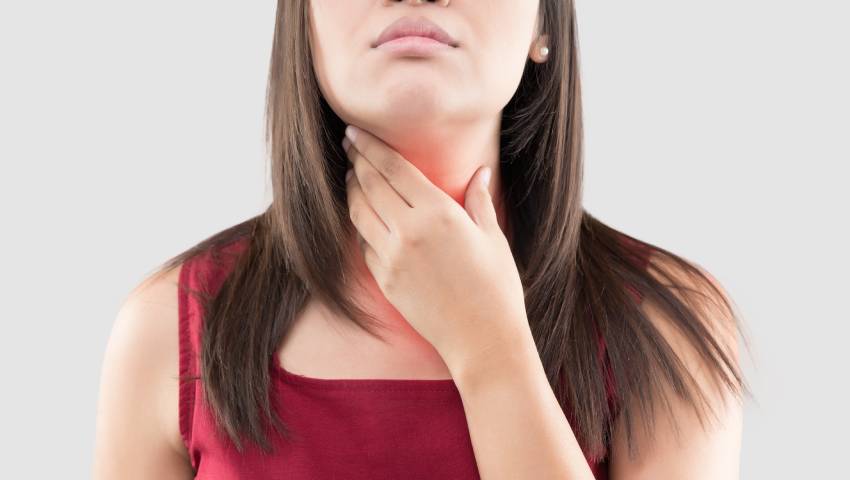- 02/09/2023
- by Dr. Pinak Dasgupta
- Blog
Achalasia is a rare and challenging condition that affects the esophagus, leading to difficulty in swallowing and the regurgitation of food. Patients suffering from achalasia often seek effective treatment options to alleviate their symptoms and improve their quality of life. In this comprehensive blog, we will explore the various treatment options available for achalasia, with a focus on surgery and non-invasive procedures. Dr. Pinak Dasgupta, a highly skilled surgeon with expertise in gastrointestinal disorders, will provide valuable insights into the management of this condition.
Understanding Achalasia:
Achalasia is characterized by the failure of the lower esophageal sphincter (LES) to relax and allow food to pass into the stomach. This results in the accumulation of food in the esophagus, leading to symptoms such as dysphagia (difficulty swallowing), chest pain, regurgitation, and weight loss. Early diagnosis and appropriate treatment are essential to prevent complications and improve the patient’s overall well-being.
Treatment Options:
Non-Invasive Procedures:
- Medication: Initially, achalasia may be managed with medications to help relax the LES and alleviate symptoms. These medications include calcium channel blockers and nitrates. However, long-term effectiveness is limited, and most patients eventually require additional treatment.
- Botulinum Toxin Injection (Botox): This minimally invasive procedure involves the injection of botulinum toxin directly into the LES. Botox temporarily paralyzes the LES muscles, allowing for improved food passage. While effective, the effects are short-lived and may require repeat injections.
- Pneumatic Dilation: Another non-surgical option is pneumatic dilation, where a balloon is inflated inside the esophagus to stretch and weaken the LES muscles. This procedure can provide long-lasting relief for some patients but may need to be repeated over time.
- Peroral Endoscopic Myotomy (POEM): POEM is a relatively new and minimally invasive technique that involves creating an incision in the lining of the esophagus to access and cut the muscles of the LES. This allows for improved esophageal function and symptom relief.
Surgical Interventions:
- Heller Myotomy: Heller myotomy is a surgical procedure where the LES muscles are surgically cut to allow food to pass into the stomach more easily. This procedure can be performed through open surgery or laparoscopic techniques, with laparoscopy being less invasive and associated with a quicker recovery.
- Fundoplication: In some cases, especially when gastroesophageal reflux disease (GERD) is a concern, fundoplication may be performed along with Heller myotomy. This involves wrapping the upper part of the stomach around the LES to prevent reflux.
- Laparoscopic Surgery: Dr. Pinak Dasgupta specializes in minimally invasive laparoscopic surgery for achalasia. Laparoscopic techniques offer smaller incisions, less postoperative pain, and a faster recovery compared to open surgery.
- Robotic Surgery: For complex cases, robotic-assisted surgery may be an option. The precision and flexibility of robotic systems allow surgeons like Dr. Pinak Dasgupta to perform intricate procedures with enhanced control.
Choosing the Right Treatment:
The choice between surgery and non-invasive procedures depends on various factors, including the severity of achalasia, the patient’s overall health, and their preferences. Dr. Pinak Dasgupta recommends a personalized approach, considering each patient’s unique circumstances.
Conclusion:
Achalasia is a challenging condition that requires careful evaluation and tailored treatment. Dr. Pinak Dasgupta, a highly skilled surgeon with expertise in gastrointestinal disorders, offers a range of treatment options, including minimally invasive surgery, to provide patients with relief from achalasia symptoms. Whether you opt for non-invasive procedures or surgical intervention, the goal is to improve your quality of life and restore normal swallowing function. If you or a loved one is dealing with achalasia, don’t hesitate to reach out to Dr. Pinak Dasgupta for expert guidance and personalized care.



